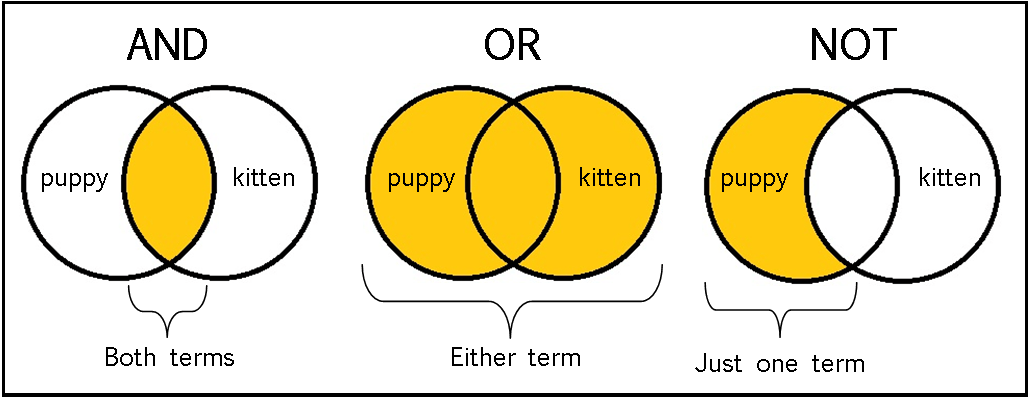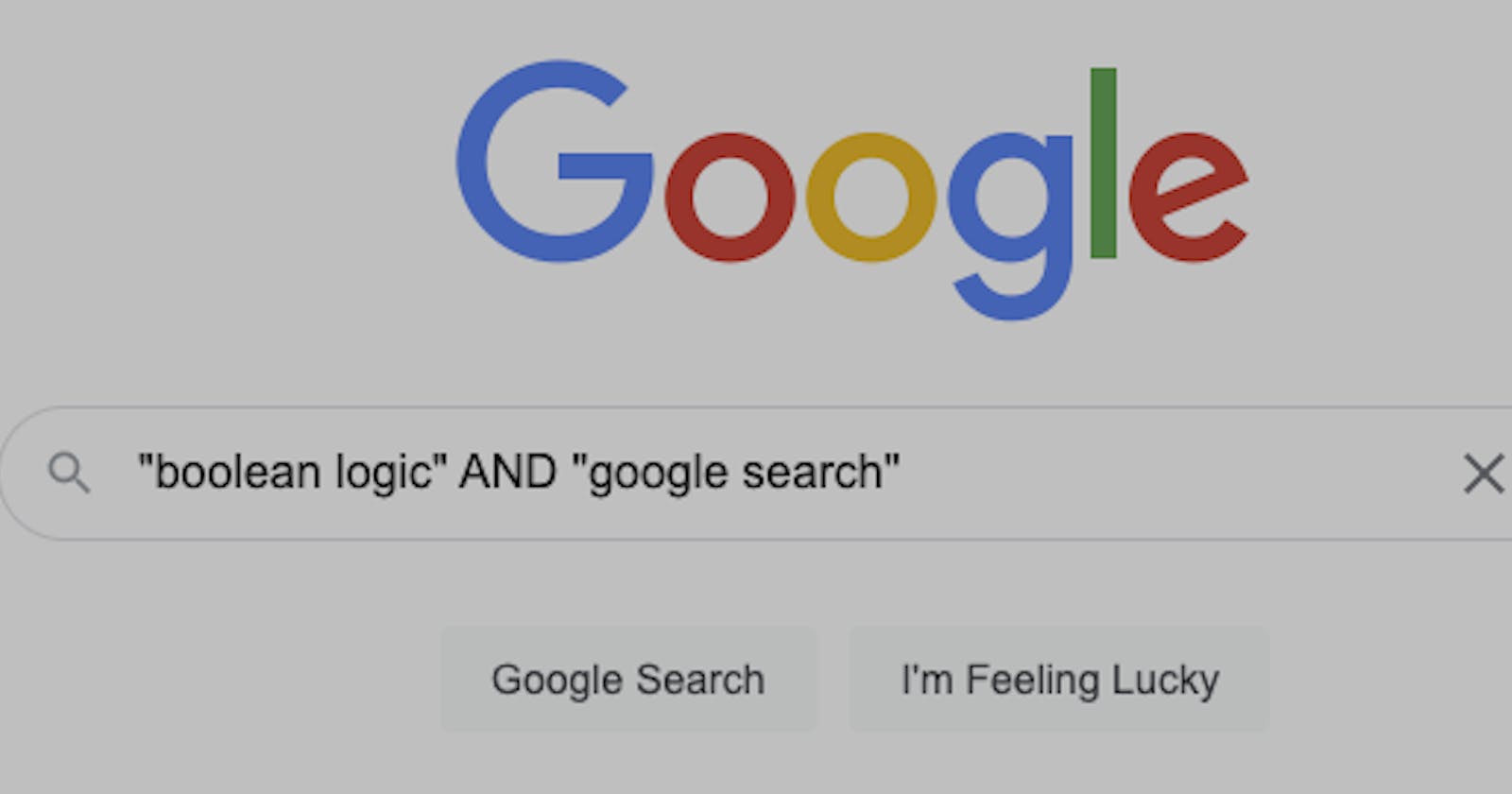What if I told you you were using Google search all wrong? Okay, well, not ALL wrong, but that it could be improved with Boolean Logic?
If you're like most people, you throw a few keywords into the search bar and hope that Google will present you with the most relevant results. Sometimes it works seamlessly, and sometimes you get pages upon pages of football content when all you wanted was to find out where you can see actual dolphins in Miami. Let's clean that up, shall we? And let's use Boolean to do it.
Boolean logic is a form of algebra where all values are either True or False. Boolean Operators are words and/or symbols used to limit, define, or broaden your search. There are three main operators we will focus on today. The most important operator commands are AND, OR, and NOT (but in Google's case, we will be using a minus sign in replace of NOT).
 Image via School District of Onalaska
Image via School District of Onalaska
AND
AND is used when you have two or more keywords that MUST be included in the search results without exception.
Here's an example: coffee shops AND Paris, France
The search results will include all articles that mention both coffee shops and Paris, France.
OR
OR is used when you have a bit more flexibility with the results you are looking for.
Example: library OR bookstore
Whether it's a library or a bookstore, either result is fine with me; I just want to read some books! This would also be useful when searching for a person who often goes by a nickname. Like, Destiny Hope Cyrus OR Miley Cyrus.
NOT
NOT is extremely useful when searching for terms with multiple meanings and multiple levels of relatedness with various other terms. Google search prefers you use - instead of the phrase NOT.
Example: Bass AND Instrument -Fishing
These results should exclude all mentions of fishing so I can more easily find the content relevant to my search in terms of bass instruments.
We've covered the basics but let's talk about a few extra operators, just for fun.
EXACT PHRASE To maximize efficiency, when you need to keep two keywords paired together, you can use quotes.
Example: "Laughter Therapy"
This ensures results that mention your exact phrase "Laughter Therapy" as one entity and not articles containing the words laughter and therapy as separate concepts.
SITE: In cases where you already know what publisher or website the content you're searching for lives, you can use the site: operator to specify your search.
Example: site:newyorker.com "Wendell Berry"
The results from this search will only include articles from The New Yorker that mention Wendell Berry. And I got to use the exact phrase operator too, to even further narrow down my results!
Try it out, and let me know how it goes! Test a few different combinations of keywords and operators to see what results you receive. I hope this article was helpful. Thanks for reading!
